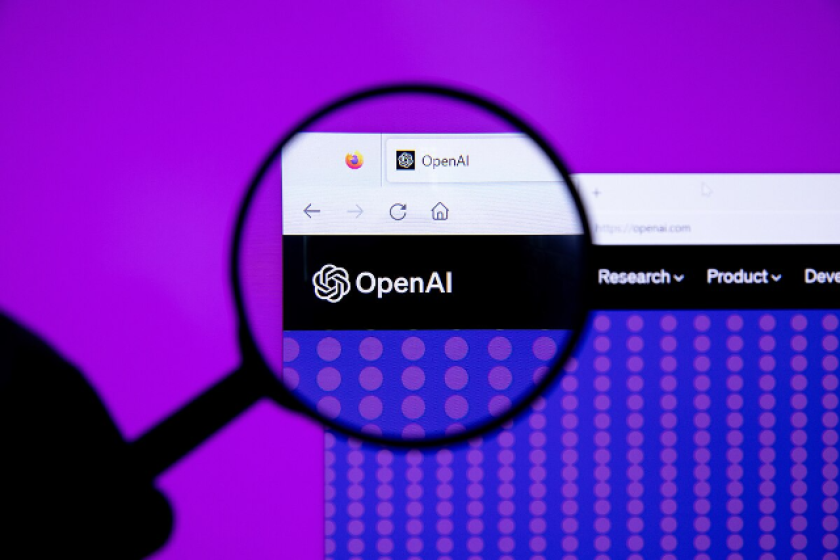The funding round sees the AI startup’s valuation soar to $157 billion — more than the current market caps of big-name companies like IBM, Verizon, and Qualcomm.
Subscribe today for free
“We’re grateful to our investors for their trust in us, and we look forward to working with our partners, developers, and the broader community to shape an AI-powered ecosystem and future that benefits everyone,” the startup said in a statement.
OpenAI did not disclose who backed it in its latest funding round, however, prior reporting suggested previous investors Thrive Capital and Microsoft were joined by new investors Nvidia and MGX, a tech investment company founded by the United Arab Emirates’ AI and Advanced Technology Council (AIATC).
Japanese telecom giant SoftBank is also believed to be among the new OpenAI investors, reportedly investing $500 million in the ChatGPT and o1 developer.
OpenAI said the new funding will enable it to “double down” on research into frontier, or foundational AI systems and continue to build tools that “help people solve hard problems.”
The funding will also be directed towards expanding OpenAI’s compute capacity, an area the company is eager to bolster. Last week, it reportedly urged US officials to support policies that prioritise building additional data centre infrastructure, suggesting the country may need to construct data centres with five-gigawatt capacities to meet the demands of AI workloads.
RELATED STORIES
SoftBank to invest $500m in OpenAI as Apple backs out of funding round
Twilio teams with OpenAI to launch real-time API integration for conversational AI
OpenAI o1: How the 'improved reasoning' model could transform telcos






